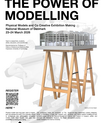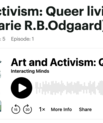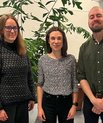Making Sense of Genetic Testing in China - a Travel Report
The field of genetic testing is on the rise globally and so is an interest in understanding this new genetic knowledge as it unfolds in the frame of local contexts around the world. Since the beginning of February anthropologist and PhD student Morten Deleuran Terkildsen has been following genetic counselling sessions in Beijing, China. This is his report.
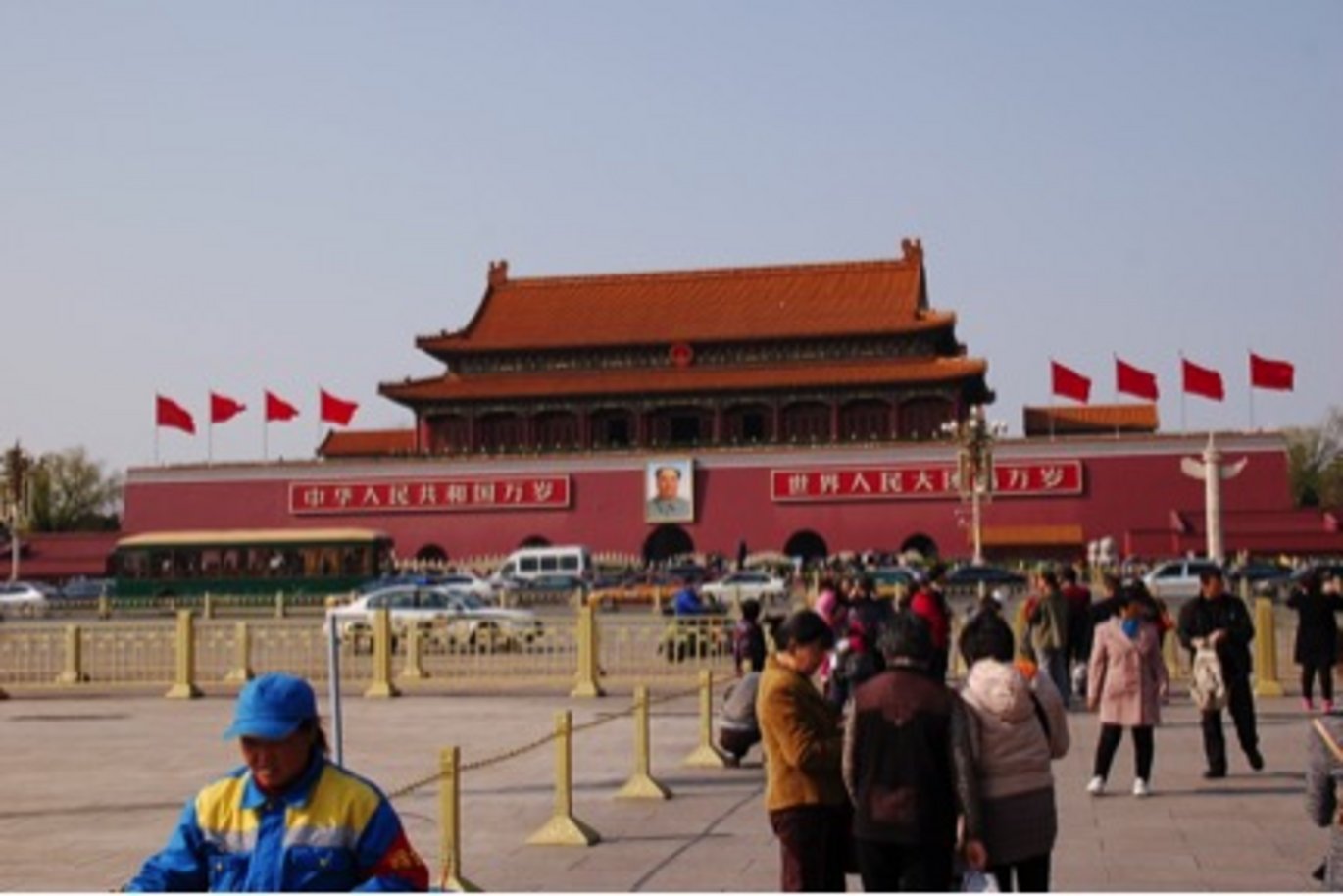
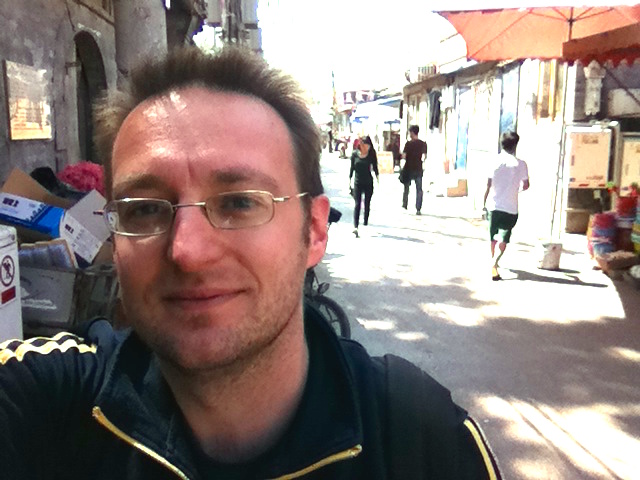
The Consultation
- “????????” (Wo pa wo you jiyin tubian). "I´m afraid I have a genetic mutation
The young women looks at the doctor, who quickly responds by inquiring about any family history of cancer incidents. Wo xiang zuo jiyin jian ce???????( I want to have a gene test taken) she continues. The doctor informs her about the procedure, and informs her about possible results. Before long a referral note has been signed and the young women leaves the outpatient clinic heading into the inferno that is Beijing traffic aimed at the laboratory were a blood test will be taken aimed at either identifying or dismissing any possible pathological mutations within the BRCA1 or 2 genes. Mutations that if identified will put her in increased risk of breast and ovarian cancer .
Angelina Jolie and Peace of Mind
She laters reveals to me that although she has had an incident of a small benign tumor she hasn´t experienced cancer herself. But the increased focus by media concerning hollywood star Angelina Jolie and her status as mutational carrier has definately convinced her. ”It´s a good oppourtunity . Taking a gene test will allow me to relax a bit”. She continues: ”Afterall taking a gene test is only 1500RMB. If it had cost 10000RMB i would have considered taken the test more”.
Mortens PhD focuses on comparing genetic sensemaking practices, studiying how genetic risk of cancer as a knowledge is communicated in a Danish and Chinese settings. While the presence of Angelina Jolie can be felt in both Denmark and China differences also emerge as risk is estimated and genes are tested in two so fundamentally different countries.
Different but Similar
”I think it's fascinating to see something perceived so humanly common as genes being approached culturally different” Morten states. He continues:
”But as the world is also getting smaller and knowledge production concerning genes is not confided to individual countries, understanding what goes on on the other side of the world could prove to be very important as more genetic information is readily being made available across the globe. I think we can learn a lot from each other, and here a good first step could be to explore the local cultural context of our knowledge production”.
Morten finishes: ”Eventhough I had many expectations, it has still been an eyeopener for me, and I hope I get the chance to come back and do further studies in China in the future.”
Morten Deleuran Terkildsen is a PhD student in anthropology. He's been associated with IMC since 2013.

